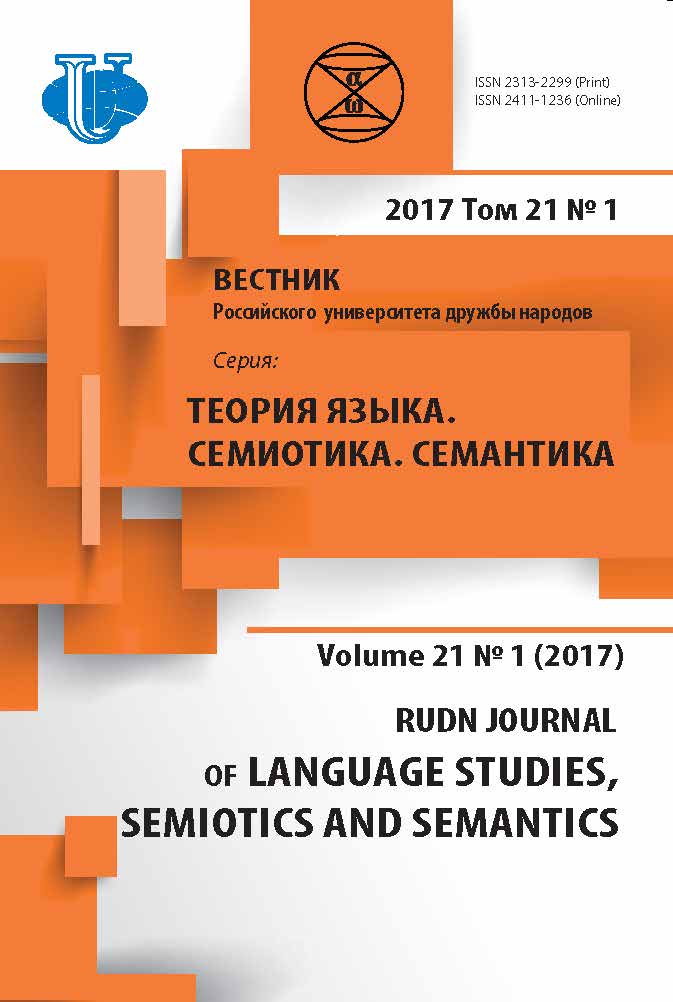Intonation of accentuation in the agglutinative languages (in comparison with Russian)
- Authors: Khromov SS1
-
Affiliations:
- Moscow Polytechnical University
- Issue: Vol 8, No 1 (2017)
- Pages: 195-205
- Section: ARTICLES
- URL: https://journals.rudn.ru/semiotics-semantics/article/view/15626
- DOI: https://doi.org/10.22363/2313-2299-2017-8-1-195-205
- ID: 15626
Cite item
Full Text
Abstract
The author continues to explore the intonation of different utterances in various world languages. The subject and the theme of the research is intonation of accented syntagms in a typical agglutinative language that Swahili is in comparison with Russian. The purpose of the paper submitted is 1) to describe the intonation of accented syntagms in Swahili 2) to compare the basic results with the same in Russian. The methods and methodology of the research were conducted on the basis of experimental phonetic analysis carried out in the PFUR Laboratory and the Laboratory of the Institute of Asian and African studies of the Lomonosov MSU. The results achieved in the course of the experiment. The opposition of neutral and accentuated syntagm in agglutinative languages (the example of Swahili) and Russian prove that the parameters of melody, duration and intensity as the formant characteristics play the role in differentiation. But the accented syntagm is manifested brighter and stronger than the neutral one. The perception of accented syntagm depends on 1) the communicative task 2) the type of syntactic structure 3) the language type 4) the role of prosodic parameters. The results can be applied in lecture and seminar courses in general, comparative and oriental linguistics. The intensity of melodic parameter is brighter in accented syntagm than in a neutral one (the accented nuclear syllable is pronounced on a higher level, with more interval and speed of frequency fall in Swahili as well in Russian.
About the authors
S S Khromov
Moscow Polytechnical University
Email: chelovek653@mail.ru
B. Semenovskaya str., 38, Moscow, Russia, 107023
References
Supplementary files












